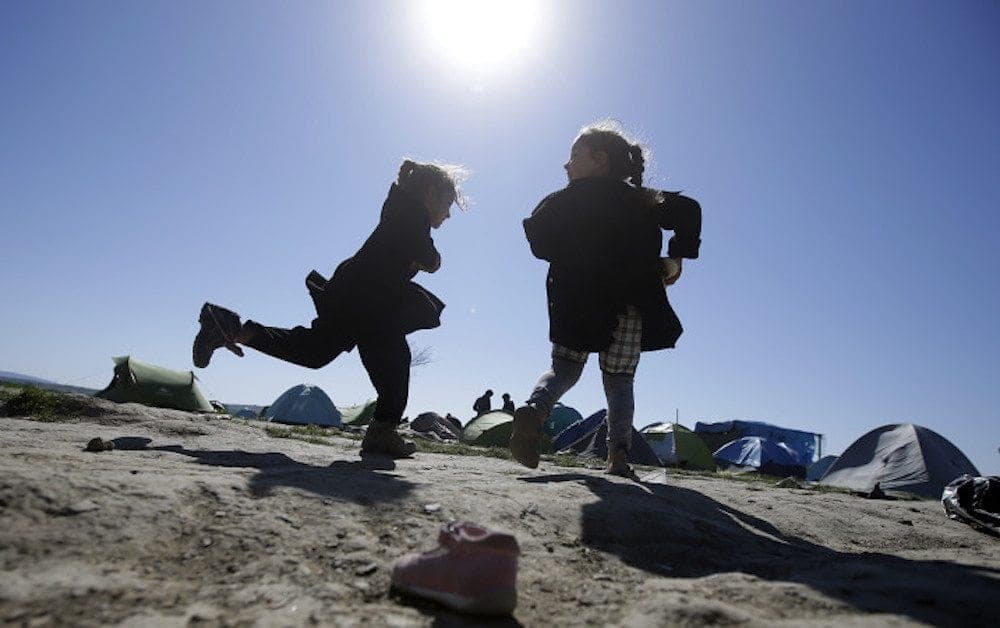An Austrian Roman Catholic bishop says a planned fence along a stretch of Austria’s border with Hungary is going to have at least two gaps — on property owned by his church.
The 9-kilometer (5.4-mile) barrier in Austria’s eastern Burgenland province is planned by the government to tighten its border against migrants trying to avoid controls at authorized crossings. But owners of property along the fence must agree to allow it on their land.
Diocesan Bishop Ägidius Johann Zsifkovics, who has church authority in the region, said Thursday that erecting a fence on the property to keep out those seeking help is contrary to the spirit of the Gospel. In a statement published by the Austria Press Agency, he says fences do not solve Europe’s refugee problem.
 Bishop Ägidius Johann Zsifkovics.
Bishop Ägidius Johann Zsifkovics.
As a result, Zsifkovics said he will refuse to allow construction of a fence on properties owned by the church in the Diocese of Eisenstadt, in the country’s southeast.
“(A fence) would contradict the spirit of the Gospel, Pope Francis’s clear message to Europe, and in particular for a diocese that was in the shadow of the Iron Curtain for decades,” Zsifkovics said in his statement.
“We need to tackle today’s problems at their root and that means stopping organised human trafficking, stopping sales of European arms, stopping war and the deliberate destabilization of the Middle East,” he said.
Zsifkovics, 53, was ordained a priest in 1987 and became the bishop of Eisenstadt in 2010. Earlier in his career he served as pastoral director of the Croat community in the diocese from 1996-2010, as well as an editor of the Croatian church newspaper ‘Glasnik’ during the same period.
Since March 2015, Zsifkovics has been a member of the Commission of the Bishops’ Conferences of the European Community, made up of prelates delegated by the bishops’ conferences of the 28 member states that make up the European Union, where he sits on a commission for refugees and integration.
During the late 1980s and early 1990s, Zsifkovics studied canon law at Rome’s Jesuit-run Pontifical Gregorian University, where he wrote his doctoral dissertation under the future cardinal of Budapest in Hungary, Cardinal Péter Erdő.
















